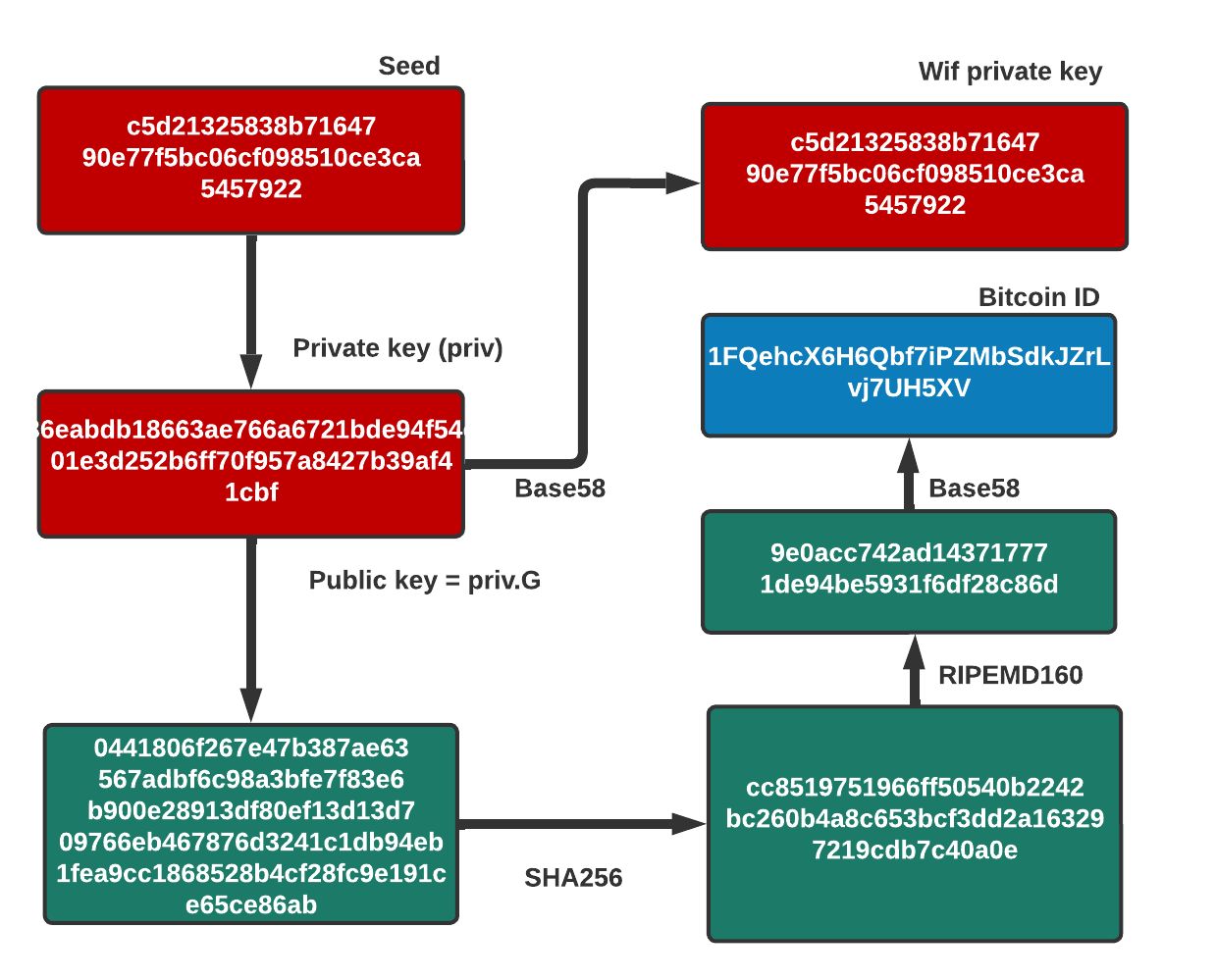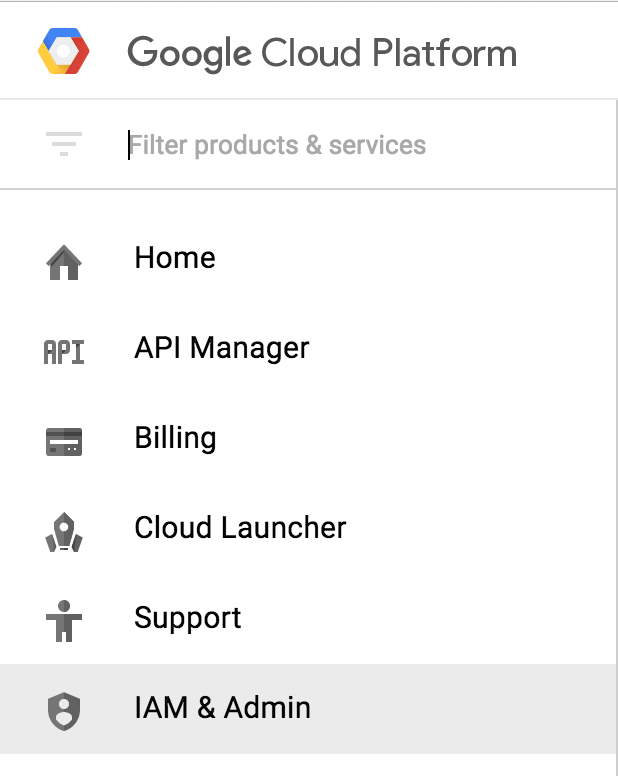Golang Generate Public Private Key
Generate RSA Key and return Base64 PKCS8 Private Key; Convert RSA Private Key to Public Key; Get RSA Private Key in JWK Format (JSON Web Key) Get ECC Private Key in JWK Format (JSON Web Key) Get RSA Public Key in JWK Format (JSON Web Key) Get ECC Public Key in JWK Format (JSON Web Key) Load RSA Private Key from JWK Format (JSON Web Key). To sign an assembly with a strong name, you must have a public/private key pair. This public and private cryptographic key pair is used during compilation to create a strong-named assembly. You can create a key pair using the Strong Name tool (Sn.exe). Key pair files usually have an.snk extension. Nov 21, 2017 Generate SSH RSA Private/Public Key pair with Golang - gist:8f9b8a4f31573f428f29ec0e884e6673.
RSA is a single, fundamental operation that is used in this package to implement either public-key encryption or public-key signatures. The original specification for encryption and signatures with RSA is PKCS#1 and the terms 'RSA encryption' and 'RSA signatures' by default refer to PKCS#1 version 1.5. The opts argument 79 // is not currently used but, in keeping with the crypto.Signer interface, 80 // should be the hash function used to digest the message. 81 // 82 // This method implements crypto.Signer, which is an interface to support keys 83 // where the private part is. If you're looking for generating keys in the format that will be included in an OpenSSH authorizedkey file, below is a helper I wrote recently: // MakeSSHKeyPair make a pair of public and private keys for SSH access. // Public key is encoded in the format for inclusion in an OpenSSH authorizedkeys file. Go is an open source programming language that makes it easy to build simple, reliable, and efficient software.
Golang Generate Public Private Key Explained
-->To sign an assembly with a strong name, you must have a public/private key pair. This public and private cryptographic key pair is used during compilation to create a strong-named assembly. You can create a key pair using the Strong Name tool (Sn.exe). Key pair files usually have an .snk extension.
Note
In Visual Studio, the C# and Visual Basic project property pages include a Signing tab that enables you to select existing key files or to generate new key files without using Sn.exe. In Visual C++, you can specify the location of an existing key file in the Advanced property page in the Linker section of the Configuration Properties section of the Property Pages window. The use of the AssemblyKeyFileAttribute attribute to identify key file pairs was made obsolete beginning with Visual Studio 2005.
Golang Generate Public Private Key List
Create a key pair
Golang Generate Public Private Key Authentication
To create a key pair, at a command prompt, type the following command:
sn –k <file name>
In this command, file name is the name of the output file containing the key pair.
The following example creates a key pair called sgKey.snk. What is meant by alternation of generations botany lab key.
If you intend to delay sign an assembly and you control the whole key pair (which is unlikely outside test scenarios), you can use the following commands to generate a key pair and then extract the public key from it into a separate file. First, create the key pair:
Next, extract the public key from the key pair and copy it to a separate file:
Once you create the key pair, you must put the file where the strong name signing tools can find it.
When signing an assembly with a strong name, the Assembly Linker (Al.exe) looks for the key file relative to the current directory and to the output directory. When using command-line compilers, you can simply copy the key to the current directory containing your code modules.
Golang Go Generate
If you are using an earlier version of Visual Studio that does not have a Signing tab in the project properties, the recommended key file location is the project directory with the file attribute specified as follows:
See also
Disclaimer
This project was written in May 2013 for educational purposes.

Modern cryptocurrency wallets should use hierarchical deterministic (HD) keys instead.
Introduction
btckeygenie is a standalone Bitcoin keypair/address generator written in Go.btckeygenie generates an ECDSA secp256k1 keypair, dumps the public key incompressed and uncompressed Bitcoin address, hexadecimal, and base64 formats,and dumps the private key in Wallet Import Format (WIF), Wallet Import FormatCompressed (WIFC), hexadecimal, and base64 formats.
btckeygenie includes a lightweight Go package called btckey to easily generatekeypairs, and convert them between compressed and uncompressed varieties ofBitcoin Address, Wallet Import Format, and raw bytes.
See documentation on btckey here: https://godoc.org/github.com/vsergeev/btckeygenie/btckey
Donations are welcome at 15PKyTs3jJ3Nyf3i6R7D9tfGCY1ZbtqWdv :-)
Golang Generate Password
Usage
Generating a new keypair
Importing an existing WIF/WIFC
Golang Generate Rsa Public Key

Help/Usage
Installation
Golang Generate Random Bytes
To fetch, build, and install btckeygenie to $GOPATH/bin:
License
btckeygenie is MIT licensed. See the included LICENSE file for more details.